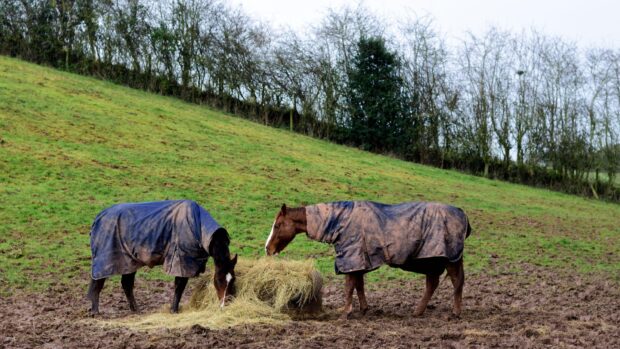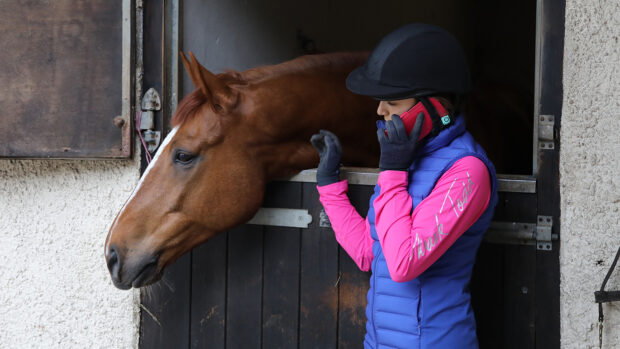Q: I have had my eight-year-old show jumper for four years. In July 2006 she went lame with cartilage damage in her off-fore knee which the vet thought was due to jumping on hard ground. She was rested, then brought back to work and started competing again in January 2007.
In September, I found the pony in the field barely able to walk on the same leg. X-rays showed she had fractured her carpal bone which required an urgent operation to pin the bone.
I have an exclusion clause in my policy for injuries “resulting from or connecting to injury to right knee in July 2006”, but I rang the insurance company who gave the go-ahead for the operation. The pony has since made a full recovery, but my insurance company has said they will not pay out and I will have to find over £4,000 for the treatment.
I wrote to complain and my vet made a report stating the injuries are not connected. The insurer is “looking into it”, but it is trying to connect this fracture to the cartilage damage in 2006. I pay over £1,400 per year for the insurance. Is there anything else I can do to strengthen my case? Should I have requested written agreement to go ahead with the operation?
JD, Northumberland
“THE horse owner appears to have done everything right and told the insurance company about the surgery before going ahead,” said David Buckton from South Essex Insurance Brokers (SEIB).
“But consent for the operation may have been obtained without acceptance of liability for the cost. An insurance company may say they have no objection on veterinary grounds, but at that stage may not have enough information to confirm that their policy provides the cover, for example, because of an exclusion that may apply.
“These things are often done over the phone as the horse is usually already booked in to the veterinary hospital, but written confirmation is useful to avoid confusion, either by fax or email. In this case, the exclusion is specific to an old injury and not general exclusion of the right knee, which would be a different matter.”
The owner could try the company’s formal complaints procedure.
“The ‘complaint’ already made may have been dealt with as a request to reconsider the decision on the claim,” said David.
“The company is then obliged to issue a final response. Should the owner still be dissatisfied, he has six months in which to ask the financial services ombudsman to review it.”
The amount the owner pays the insurance company annually is irrelevant: “The Financial Services Authority (FSA) requires all firms it regulates to ‘treat customers fairly’ and I assume this company is properly authorised by the FSA,” explained David.
Jeremy Lawton from Shearwater Insurance Services added: “If the insurance company does not agree to pay, it might be worth asking for your vet and the insurance company’s veterinary adviser be put in contact to discuss the case more fully.”
Information
Shearwater Tel: 08700 767666 www.shearwater-insurance.co.uk
SEIB Tel: 01708 850000 www.seib.co.uk
Looking for horse insurance? Try Horse & Hound’s insurance comparison service at horseandhound.co.uk/insurance
This Q&A was first published in Horse & Hound (22 May, ’08)


